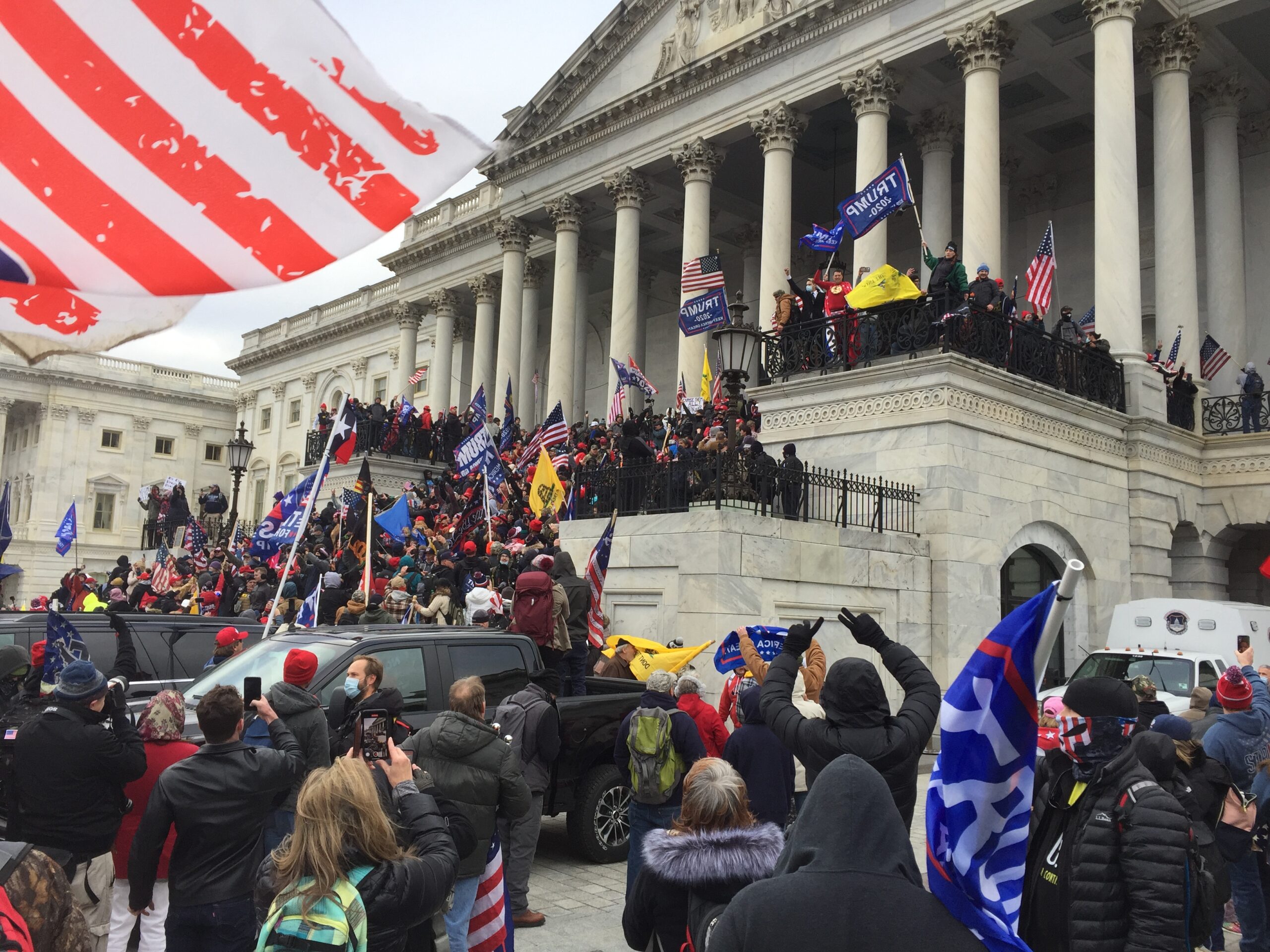Photo credit: Wikimedia Commons
Context:
The number of terror attacks in the U.S. known to be motivated by right-wing ideologies has grown by over 35% in the last 7 years. Peace Science has found that symbolic targets, gender relations, and threats to identity and privilege are more important to motivating right-wing terrorism than objections to policy or material or economic factors.
In the News:
“An analysis of the Global Terrorism Database by researchers at the University of Maryland published in 2017 shows a “sharp increase” in the share of attacks by right-wing extremists, from 6% in the 2000s to 35% in the 2010s. The share of attacks by religious extremists also increased, from 9% to 53% between the two decades. Meanwhile, the share of attacks by left-wing terrorists and environmentalist extremists dropped from 64% in the 2000s to 12% in the 2010s. Researchers point out that many recent attacks on US soil are carried out by individuals without any strong links to a terrorist organization—known popularly as ‘lone wolves.'”
“An analysis by Quartz of the same Global Terrorism Database confirmed that the trend persisted in 2017, when most attacks in the US were committed by right-wing extremists. Out of 65 incidents last year, 37 were tied to racist, anti-Muslim, homophobic, anti-Semitic, fascist, anti-government, or xenophobic motivations.”
 The study defines “right-wing extremism” as “violence in support of the belief that personal and/or national way of life is under attack and is either already lost or that the threat is imminent,” including anti-globalism, white supremacy, nationalism, suspicion of the government, and beliefs in conspiracies.
The study defines “right-wing extremism” as “violence in support of the belief that personal and/or national way of life is under attack and is either already lost or that the threat is imminent,” including anti-globalism, white supremacy, nationalism, suspicion of the government, and beliefs in conspiracies.Insight from Peace Science:
- In the U.S., domestic right-wing terrorism is most clearly related to the following factors:
- Higher abortion rates
- Higher levels of female participation in the work force
- A Democratic president
- Changes in gender relations may be profoundly threatening to certain individuals, resulting in their use of terrorist tactics to attempt to re-assert control.
- Symbolic targets and threats to identity privilege are more important to motivating right-wing terrorism than objections to policy or more straightforward material or economic factors.
References:
-
“US Terror Attacks are Increasingly Motivated by Right-Wing Views”By Luiz Romero for Quartz. October 24, 2018.
-
Peace Science Digest, Vol 2, Issue 2: “Motivations For Domestic Right-Wing Terrorism In The United States”

